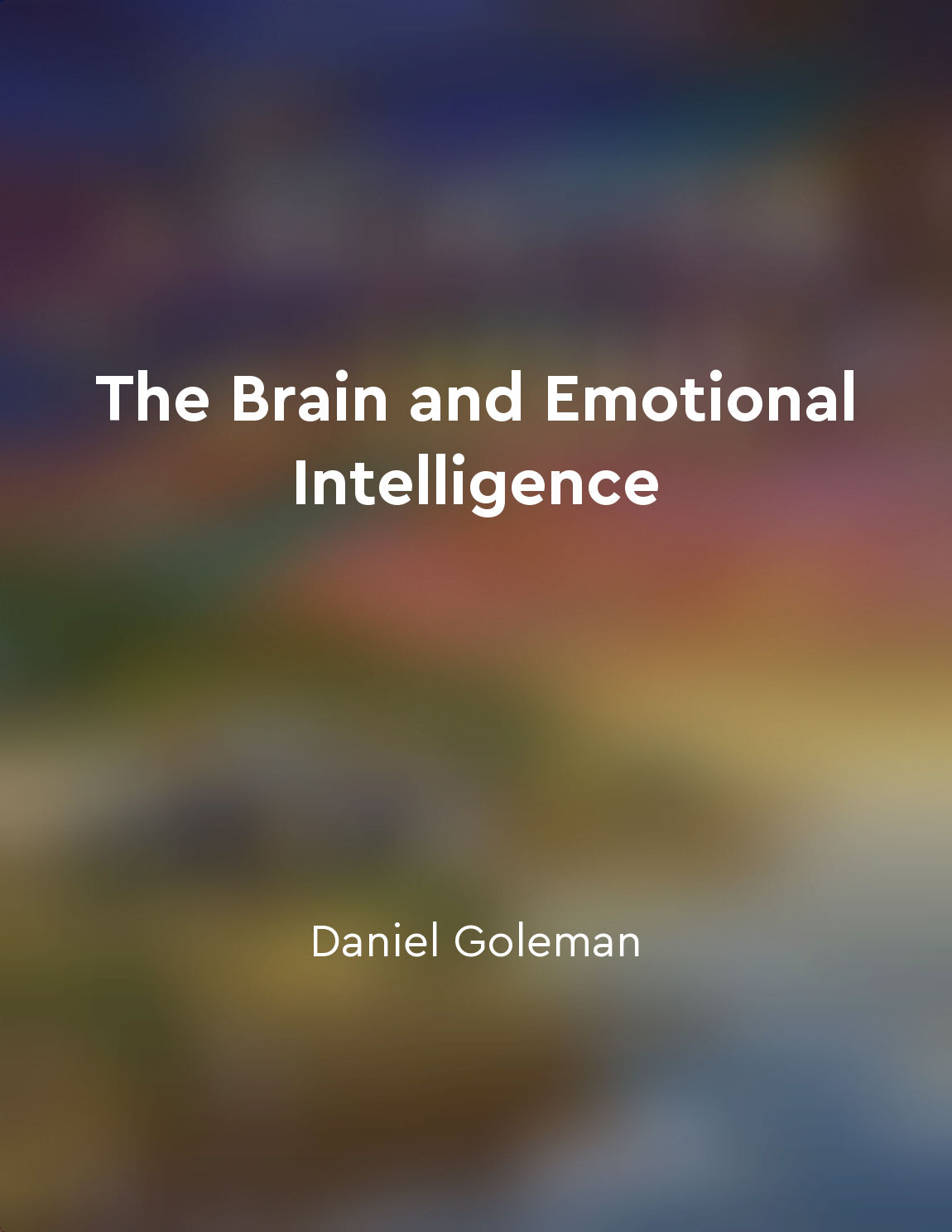Audio available in app
Incorporating emotional intelligence into the curriculum can benefit students in the long run from "summary" of Boost Emotional Intelligence in Students by Maurice J. Elias,Steven E. Tobias
Emotional intelligence is a crucial skill that can greatly impact a student's success both in and out of the classroom. By incorporating emotional intelligence into the curriculum, educators can help students develop vital social and emotional skills that will benefit them in the long run. These skills include self-awareness, self-regulation, empathy, and effective communication. When students are equipped with emotional intelligence, they are better able to navigate challenging situations and regulate their emotions. This not only leads to improved behavior and relationships with peers, but also enhances their ability to focus and learn in the classroom. By teaching students how to recognize and manage their emotions, educators are setting them up for success in all areas of their lives. Furthermore, emotional intelligence plays a significant role in academic achievement. Students who are able to understand and regulate their emotions are better equipped to handle stress, set goals, and persevere in the face of challenges. This resilience is essential for academic success, as it allows students to bounce back from setbacks and stay motivated in their learning journey. Incorporating emotional intelligence into the curriculum also helps students develop strong interpersonal skills. By learning how to empathize with others, communicate effectively, and resolve conflicts peacefully, students are better prepared to build positive relationships with their peers and teachers. These social skills are invaluable not only in school, but also in future careers and personal relationships.- By prioritizing emotional intelligence in the curriculum, educators can empower students to become well-rounded individuals who are equipped to succeed in all aspects of their lives. By fostering self-awareness, self-regulation, empathy, and effective communication, educators are laying the foundation for students to thrive academically, socially, and emotionally.
Similar Posts
Building trust is vital for healthy relationships
Trust is the bedrock of any healthy relationship. Without trust, there can be no true connection, no genuine bond. It is the fu...

Seeing through manipulation requires critical thinking skills
To truly see through manipulation, one must possess a keen sense of critical thinking. This ability allows individuals to analy...
Embrace vulnerability as a strength, not a weakness
As humans, we often view vulnerability as a weakness, something to be avoided at all costs. We fear showing our true selves, ou...
Mathematical achievements
In my life, numbers have been my constant companions. From a very young age, I found solace in their predictability and order. ...
Trust must be earned over time
Trust is a delicate thing. It doesn't just magically appear out of thin air. It is something that is built slowly, over time. I...

The brain is constantly changing and adapting
The brain is not a fixed organ, set in stone from birth. It is a dynamic and ever-changing organ that has the ability to adapt ...
Acceptance of reality is the first step towards change
The first step toward change is acceptance. Once we truly accept the reality of our situation, we can begin to make meaningful ...

Building trust is a foundation for effective communication
Trust is the cornerstone upon which effective communication is built. Without trust, communication can be fraught with misunder...

Stay curious and keep learning
It's easy to fall into the trap of thinking that we know everything there is to know. But the truth is, the world is constantly...
Strengthen your resilience by seeking opportunities for growth
To build resilience in your life, it is important to actively seek out opportunities for growth. This means being open to new e...

